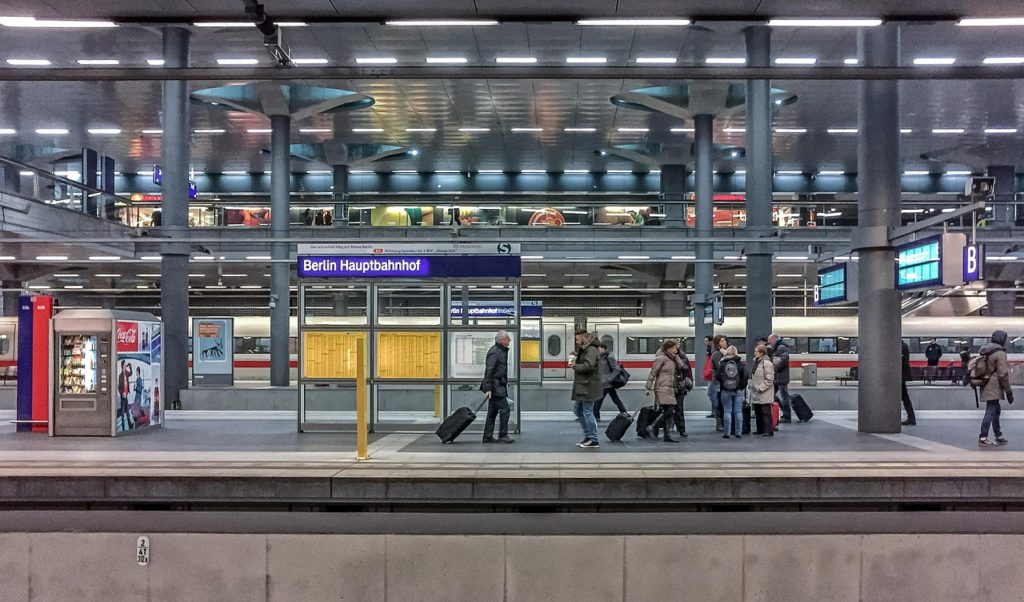ScotRail services will be badly hit as the RMT union confirms three days of strike action next week.
ScotRail has said it will have to cancel 90% of its trains during three days of strike action by the RMT union this week.
The strike by about 40,000 Network Rail staff is part of a dispute over pay, working conditions and redundancies that will badly affect services across Scotland, England and Wales.
When are the strikes?
The RMT members are holding 24-hour strikes on three days:
- Tuesday 21 June
- Thursday 23 June
- Saturday 25 June
Passengers have been warned that disruption will not be confined to the days of the strike, with the next day also likely to be impacted because fewer staff than normal will be working overnight to get services ready.
What services will still be running?
ScotRail will run a very limited service on five routes in the central belt, with no trains anywhere else on any of the three strike days.
Trains will only run from 07:30 each morning on the five routes that will remain open, with the last trains departing well before 18:30.
The routes are:
- Edinburgh – Glasgow via Falkirk High: two trains per hour
- Edinburgh – Bathgate: two trains per hour
- Glasgow – Hamilton/Larkhall: two trains per hour
- Glasgow – Lanark: two trains per hour
- Edinburgh – Glasgow via Shotts: one train per hour
Trains in England and Wales will also be badly affected, including services between London and Scotland on both the East and West Coast mainlines.
Passengers have been urged to only travel if it is necessary, and anyone who does so should plan ahead and expect disruption.
There will not be any replacement buses or taxis throughout the period of industrial action.
Anyone who has bought a ticket they are unable to use will be able to claim a full refund.
This dispute does not involve ScotRail staff, but it relies on Network Rail workers to operate signal boxes and maintain the track across the country.
Signal boxes are crucial to the rail network because they control train movements and allow the railway to operate safely.
Network Rail has said the strike means it will only be able to open signal boxes on the five routes in the central belt, so it would not be safe for trains to run anywhere else.
It will also take time for signal boxes across the country to reopen the day after each strike, which is likely to cause further disruption.
Large signalling centres in central Scotland are expected to be able to operate from 07:15, but it could be later in the day before manual signal boxes elsewhere in the country open again.
Why is the strike happening?
The RMT says its members have been hit by “pay freezes, threats to jobs and attacks on their terms and conditions”.
It also says Network Rail plans to cut 2,500 maintenance jobs as it tries to make £2bn of savings over the next two years.
The RMT said the jobs were safety critical, and cutting them would make accidents more likely.
Network Rail said it would not consider any changes that would make the railways less safe and that modernisation was needed.
The strike could still be called off if an agreement can be reached, with both sides saying they want to continue negotiations.
The industrial action is not related to a separate dispute between ScotRail and train drivers’ union Aslef which led to a temporary timetable with 700 fewer services introduced last month.
The union struck a 5% pay deal and improved terms and conditions with ScotRail earlier this month, with its members now being asked whether they want to accept it and end the dispute.

